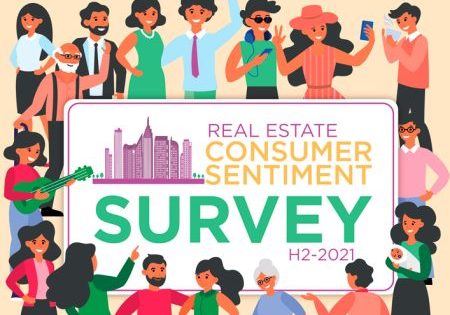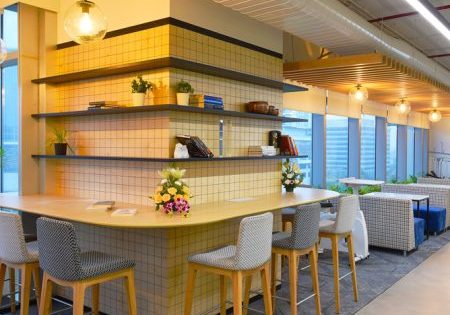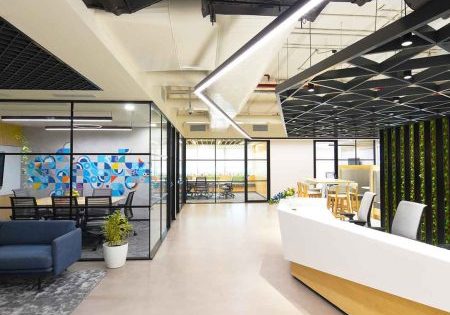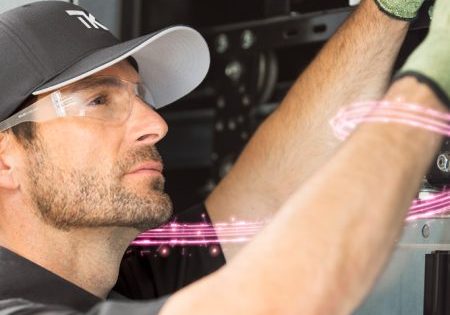State of Maharashtra Chief Electrical Inspector Dinesh Khonde shares post-COVID insight.
Dinesh Khonde (DK), chief electrical inspector, State of Maharashtra, shares perspectives with your author (SSP) on factors impacting the vertical-transportation (VT) industry in the “new normal.”
SSP: How has the significance of your role and responsibilities increased during the “new normal” post-COVID scenario?
DK: COVID-19 brought fast-moving and unexpected impacts to day-to-day work life, and we were also unprepared, just like everyone else. But as head of the department, I had to make necessary changes in workflow quickly, especially in the post-COVID scenario to assure smooth functioning of our department. With lockdown restrictions in full force, I personally looked into matters of COVID hospitals’ lift inspections to ensure they remained operative continuously, since the danger was not over yet. We also prepared a methodology of COVID hospital lift inspections, which was issued as a government notification. I am happy to say that we received recognition of our work during COVID times in the form of the prestigious Skoch Award in the public safety category. By learning the right lessons from the pandemic and building resilience for the next crisis, I can now confidently say that all lifts installed in COVID hospitals are running properly.
SSP: What challenges did you face while monitoring or supervising elevators across Mumbai and the state of Maharashtra? How can these be reduced or resolved? Can leveraging technology provide solutions?
DK: Monitoring elevators pan-Maharashtra is one of the supreme jobs of the department but, due to continuous capacity addition, it has also become a daunting task. As of now, my department is inspecting more than 2 lakh lifts throughout the year, maintaining safety at its best. Today, almost half of these are installed in Mumbai and its suburbs. Lifts in dense and slum areas are our major concern, as most of the owners and developers are not keen on following standard operating procedures laid down by the department, whereby lifts are becoming more vulnerable to accidents. By identifying such pockets as a sure-shot solution, we have increased the frequency of our lift inspections in such areas. Achieving 100% lift inspections targets and minimizes the risks. No doubt, in the modern elevator era, leveraging technology has brought us much relief with best safety practices during operations.
SSP: How has the greater number of high-rise buildings impacted your responsibilities? What is your strategy for coping with the additional parameters arising due to elevators with greater capacity and speeds?
DK: Mumbai is witnessing a massive growth in vertical living. Skyscrapers as high as 50 to 60 m are no longer a luxury. The transformation of old chawls into multi-story towers and construction of new high-rise buildings have created new challenges for us in the financial capital. Accidents were continuously happening over a period of time in high-rise buildings, causing loss of several lives. We have taken up the issue as a top priority, thereby initiating the process of amending the lift by-laws with special provisions for mandatory fire lifts and fire evacuation lifts for buildings taller than 24 m.
Since the inception of the Real Estate Regulation and Development (RERA) Act, 2016, we have ensured that a lift license is a mandatory requirement for high-rise buildings to obtain occupancy certificates (OC). To keep pace with the speed of modern technology in the elevator segment, we have also amended our existing lift act to the Maharashtra Lifts, Escalators and Moving Walks Act, 2017.
SSP: A large number of elevators in older buildings are in need of refurbishment/replacement to avoid accidents. What is your strategy for monitoring them and identifying those that need to do this on a priority basis?
DK: Yes, I have to agree that elevator safety in older buildings is a major concern of our department. This issue is especially more severe in Slum Redevelopment Authority (SRA)-governed buildings. During annual lift inspection by the department, it has been revealed that most of these lifts are old and obsolete and need urgent attention. To keep an eye on the problem, we are recommending old and existing buildings and societies to have annual maintenance contracts (AMCs) for lifts, mandatorily with the licensed lift contractors. That way, necessary modifications/alterations for improving safety and continuity of lifts shall be carried out through licensed lift contractors to which the AMC has been awarded. It shall then be approved by the lift inspectors. Also, provisions related to the replacement of moving parts of the lifts over a period of time has been incorporated as a replacement schedule in the Maharashtra Lift, Escalators and Moving Walks Act, rules of 2022, to maintain lift efficiency in old and existing buildings.
SSP: Is there any scope for getting citizens involved in the monitoring process and sharing information about unsafe/dangerous lift conditions with your department?
DK: The realistic model of good governance could only be achieved through the common man’s participation, and I am a strong believer of it. We are very much in the business of public-oriented services, and we are open to feedback from all parts of society. Today, we are issuing lift licenses through blockchain software, aiming for security and transparency in the process. Also, an occupier of the lift has to provide a self-declaration about the safe operation of the lift, which is helpful in prioritizing lift inspections in unsafe areas. Generating awareness holds the key to accident-free lift operations. Currently, we are organizing an escalator and elevator safety awareness drive, in collaboration with Indian Railways and Mumbai-based non-government organization Elevator & Escalator Safety Trust, educating citizens about the safe use of elevators and escalators in malls, shopping complexes, railway/mono/metro stations and other gathering places.
SSP: You had recently taken up the issue of lift mishaps taking place in SRA buildings with the CEO. Has there been any response from him or interaction held to discuss this and act upon the concerns expressed by you?
DK: It is true I have shared a written communication with the SRA CEO over rising lift mishaps in buildings under its control, and expressed my concern over lifts operating in extremely unsafe conditions without proper annual maintenance contracts in SRA-governed buildings. I also urged him to sign the annual maintenance contracts for each and every lift of SRA and facilitate new lift installations with additional capacity provisions. We have specifically asked him to provide information on all existing SRA buildings so as to have a further course of action on lift inspections of these buildings.
SSP: Do you feel having a common set of rules regulating the elevator industry all over India would be a positive step?
DK: Yes, definitely. I think it’s the need of the hour, as the elevator industry is very much unorganized. Very few, like the OEMs, understand the importance of the by-laws. Being the apex enforcing authority, I have been always in favor of bringing all stakeholders on a common platform so as to resolve the safety issues arising due to use of unverified, sub-standard materials, unsafe installation, unskilled workmanship and many more issues, which can be only achieved through a common set of rules with effective and sustainable implementation all across the country.
With an aspiration of lift safety as the highest priority, we contemplate that our efforts in bridging the gap will continue to change the mindset of the people toward the greater safety of VT.
Get more of Elevator World. Sign up for our free e-newsletter.







